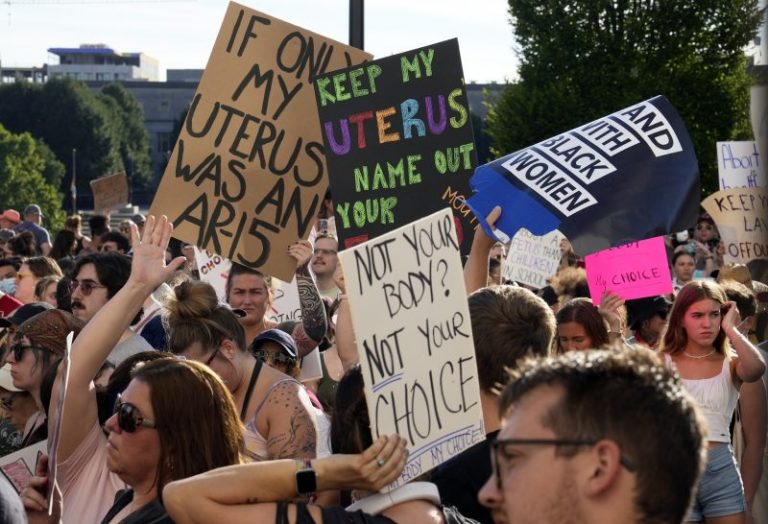The Supreme Court’s decision overturning Roe v. Wade last year is perhaps the preeminent modern political example of the dog catching the car.
Republican leaders had pledged for decades to restrict abortion and to challenge the precedent in Roe, a pledge that continued to stoke the energy of the most fervent abortion opponents in their base but didn’t run the risk of alienating more moderate voters by actually coming to fruition. And then, thanks to the vagaries of the electoral college and a president who wasn’t read into those decades of Republican strategy, it came to fruition.
The immediate constriction of access to abortion that followed helped Democrats overperform in the 2022 midterms and probably continues to power Democratic electoral strength. In part, this is because Democrats have a new, potent organizing argument: protecting access to abortion. In part, though, it’s because most Americans — including a majority of people in most states won by former president Donald Trump in 2020 — think abortion should be legal.
PRRI conducted a huge, national poll on views of abortion, covering respondents in all 50 states and the District of Columbia. It found that not only that do most Americans believe that abortion should be legal in all or most cases, but most people in most states hold that position. Even Republicans are more than twice as likely to say that abortion should be legal in all or most cases than to say it should be banned completely.
The results of the state-by-state poll are shown below. In each state, the segment of the population that supports access to abortion (blue) is larger than the segment that opposes it (orange). On average, there are 8.7 people in a state who think abortion should be legal in all or most cases for every one who thinks it should be illegal. In states that voted for Trump in 2020, the average ratio is 5.6 to 1.
It is the case that support for legal abortion correlates to presidential vote, even more than it does to the state’s White evangelical Protestant population. But even in the most Trump-friendly states, most people support access to legal abortion. Only in seven of the 25 states Trump won in 2020 does less than half of the population support abortion access; in two others, exactly half do.
Importantly, PRRI has noticed a shift in the political response to abortion over the past few years. In 2020, those who opposed access to abortion were twice as likely to say it was an essential litmus test for candidates as those who supported abortion access. Now, both sides say it’s an important consideration to the same extent.
Among Democrats who support abortion access, a third now say it’s important candidates share that view, a doubling since 2020. Among Republicans who think it should be illegal, the importance of that position for candidates has fallen. (Minorities of each party hold the opposite views from those expressed above; they’re indicated with smaller arrows.)
The implication is clear. Abortion access is viewed as important for most Americans and as an increasingly important consideration when evaluating candidates. Republicans succeeded in overturning federal protections for abortion — but not without a political cost.

